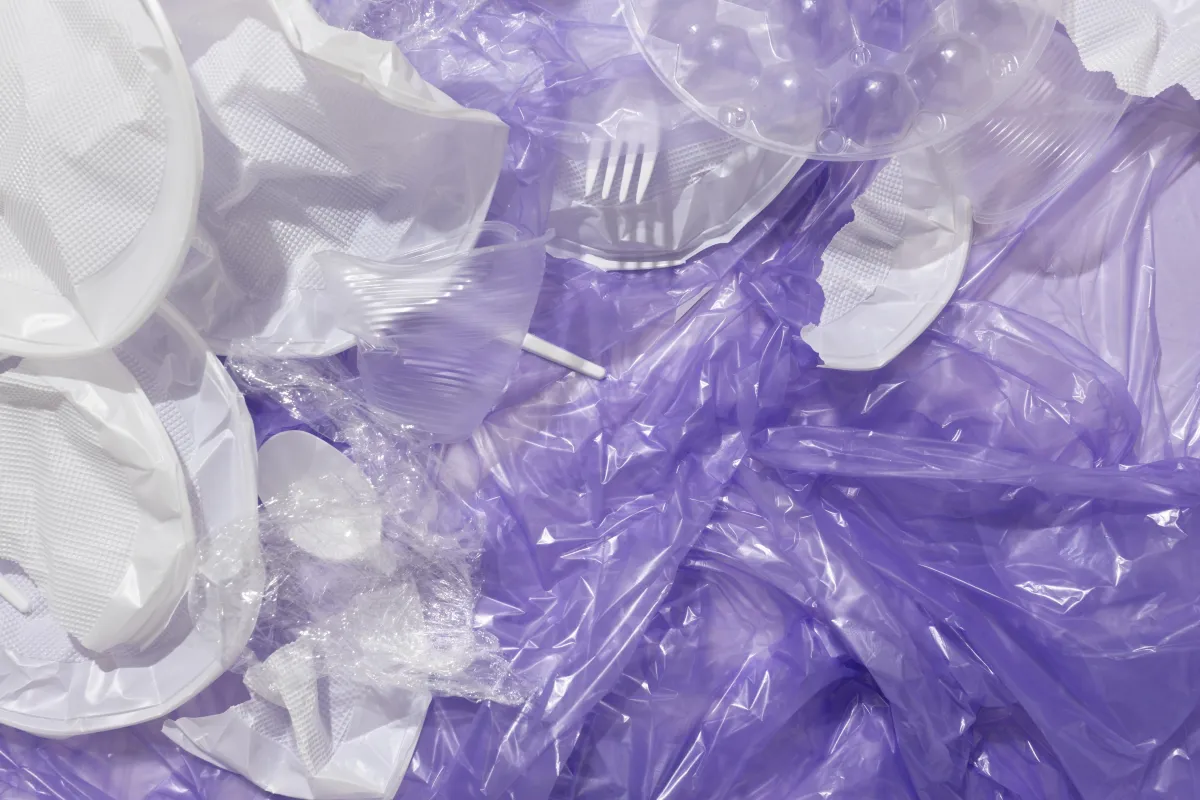
The new economic model called BCG is the development of three major economies, which are Bioeconomy, Circular Economy, and Green Economy; they have been given importance by the government to ensure the acceleration of national development.
The “plastic hub” is another key driver of the circular economy, with the goal of collecting, storing, separating, recycling and utilizing plastic to ensure the sorting and recycling of 100% of all PE and PET bags and packaging by 2030. This is because at present, only 1/4 of all plastic waste is recycled, and the remainder ends up in landfills or floats out to the sea, which drastically affects the ecosystem.
PET (Polyethylene terephthalate) and PE (Polyethylene) are the most recyclable plastics because of their high purchase value and versatility. However, the amount of recycling is currently not even less than half of the use of these plastics. Therefore, BCG in Action requires that 100% of PE and PET plastics must be separated and recycled into the system by 2030. The government’s approach is to drive public, private, and civil society policies, such as amending laws and regulations for product manufacturers to switch to plastic packaging with an increasing proportion of recycled plastic, and consumers must cooperate in household waste separation.
In the next 3-5 years, the government has a guideline to promote the establishment of the Plastic Waste Hub in provinces across all regions, incubating startups involved in recycling technology, and utilizing new forms of recycled plastic such as textiles, fibers, and industrial products. This includes the use of clean plastic for road construction and contaminated plastic for energy production, including the amendment to Notification of the Ministry of Public Health, No. 295 B.E. 2548 (2005), Article 8, on the prohibition of the use of used plastic containers for food packaging. In addition, the government has enforced the Extended Producer Responsibility (EPR) measure against manufacturing companies, retailers and wholesalers before scaling up to ensure 100% plastic recycling in Thailand.
If PE and PET plastics are 100% recyclable, energy consumption is estimated to be reduced equivalent to 680 million liters of gasoline per year or 18 billion baht per year. It is also expected to reduce the use of production resources, greenhouse gas emissions, and plastic waste in the sea, as well as generating jobs and income for people in the community.